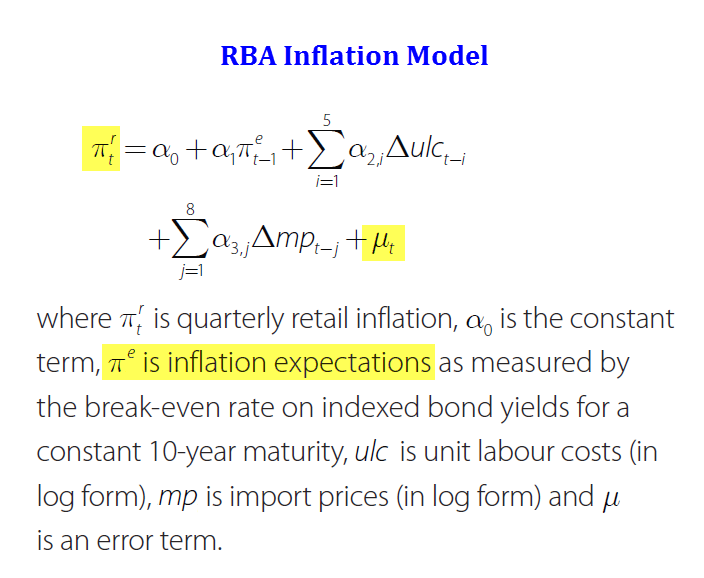Winston
Lorenzo von Matterhorn
- Joined
- Jan 31, 2009
- Messages
- 9,560
- Reaction score
- 1,748
Oh, the tangled web we weave when we practice to deceive:
ECB Blows 400bn on Brexit Black Friday Bank Bailouts
by Wolf Richter June 26, 2016
Excerpts:
Dealing with a Financial Crisis under cover of Brexit Chaos
Remember TARP, the Troubled Asset Relief Program that the US Congress approved to bail out banks and other companies during the Financial Crisis? $700 billion were authorized, later reduced to $475 billion. The Treasury eventually dispersed $432 billion. I bring this up because the ECB bailed out the European banks with more than TARP, in just one day: on Brexit Black Friday.
With bank stocks collapsing on Brexit Black Friday, the frazzled folks at the ECB decided it was high time to start bailing out the banks and not dabble at the margins, but pull out the whatever-it-takes money-printing machine, and do so under the cover of Brexit chaos when no one was supposed to pay attention.
And the day before Brexit Black Friday, with impeccable timing, the ECB pulled another big one: it leaked to Reuters that it was addressing the nonperforming-loan epidemic among Eurozone banks by sweeping it further under the rug.
So instead of forcing the banks to finally take the losses, raise a lot of new capital or topple, the ECB will merely give them non-binding guidance by the end of 2016 or early 2017, and some of this guidance wont even be in writing, sources told Reuters with perfect timing the day before Brexit sank these banks.
The ECB doesnt want to hurt fake earnings. And this leak to Reuters was supposed to have soothed the markets and helped prop up bank stocks.
The thing is, banks that need to raise equity capital must have inflated stock prices or else existing investors get crushed. If Deutsche Bank has to raise 30 billion in capital by issuing shares at 3 a share, existing shareholder will essentially be wiped out, and raising equity capital may no longer be possible. So the name of the game is to manipulate up bank stocks before issuing new shares. But it may be too late.
And this is what happened to Italian and Spanish stock markets, as banks were massacred.
European Banks Get Crushed, Worst 2-Day Plunge Ever, Italian Banks to Get Taxpayer Bailout, Contagion Hits US Banks
by Wolf Richter June 27, 2016
https://wolfstreet.com/2016/06/27/e...get-taxpayer-bailout-contagion-hits-us-banks/
European bank stocks just experienced their worst two-day plunge ever in the post-Brexit fallout that rained down on the already blooming European banking crisis.
Healthy big banks would get over Brexit and the political turmoil it is spawning, particularly non-UK banks. But there are no healthy big banks in Europe. And non-UK banks are crashing just as hard, and some harder. This is about a banking crisis morphing into a financial crisis.
ECB Blows 400bn on Brexit Black Friday Bank Bailouts
by Wolf Richter June 26, 2016
Excerpts:
Dealing with a Financial Crisis under cover of Brexit Chaos
Remember TARP, the Troubled Asset Relief Program that the US Congress approved to bail out banks and other companies during the Financial Crisis? $700 billion were authorized, later reduced to $475 billion. The Treasury eventually dispersed $432 billion. I bring this up because the ECB bailed out the European banks with more than TARP, in just one day: on Brexit Black Friday.
With bank stocks collapsing on Brexit Black Friday, the frazzled folks at the ECB decided it was high time to start bailing out the banks and not dabble at the margins, but pull out the whatever-it-takes money-printing machine, and do so under the cover of Brexit chaos when no one was supposed to pay attention.
And the day before Brexit Black Friday, with impeccable timing, the ECB pulled another big one: it leaked to Reuters that it was addressing the nonperforming-loan epidemic among Eurozone banks by sweeping it further under the rug.
So instead of forcing the banks to finally take the losses, raise a lot of new capital or topple, the ECB will merely give them non-binding guidance by the end of 2016 or early 2017, and some of this guidance wont even be in writing, sources told Reuters with perfect timing the day before Brexit sank these banks.
The ECB doesnt want to hurt fake earnings. And this leak to Reuters was supposed to have soothed the markets and helped prop up bank stocks.
The thing is, banks that need to raise equity capital must have inflated stock prices or else existing investors get crushed. If Deutsche Bank has to raise 30 billion in capital by issuing shares at 3 a share, existing shareholder will essentially be wiped out, and raising equity capital may no longer be possible. So the name of the game is to manipulate up bank stocks before issuing new shares. But it may be too late.
And this is what happened to Italian and Spanish stock markets, as banks were massacred.
European Banks Get Crushed, Worst 2-Day Plunge Ever, Italian Banks to Get Taxpayer Bailout, Contagion Hits US Banks
by Wolf Richter June 27, 2016
https://wolfstreet.com/2016/06/27/e...get-taxpayer-bailout-contagion-hits-us-banks/
European bank stocks just experienced their worst two-day plunge ever in the post-Brexit fallout that rained down on the already blooming European banking crisis.
Healthy big banks would get over Brexit and the political turmoil it is spawning, particularly non-UK banks. But there are no healthy big banks in Europe. And non-UK banks are crashing just as hard, and some harder. This is about a banking crisis morphing into a financial crisis.




